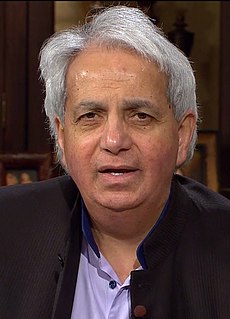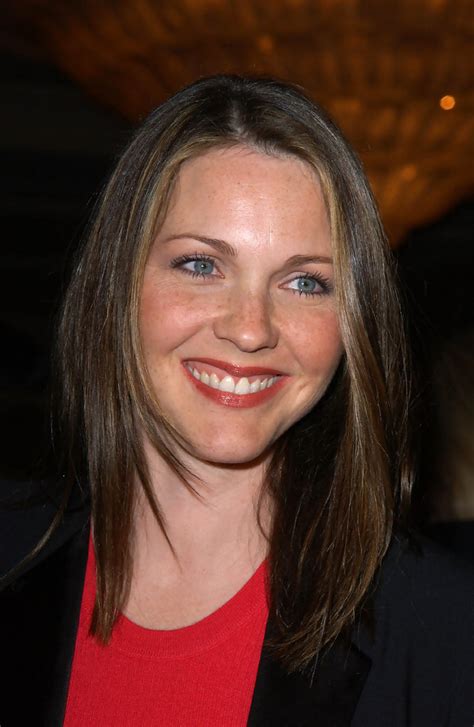A Quote by Timothy Keller
When Jesus got the big questions, he didn't present arguments. He presented himself.
Related Quotes
If He opens a door for you, thereby making Himself known, pay no heed if your do not measure up to this. For, in truth, He has not opened if for you but out of a desire to make Himself known to you. Do you not know that He is the one who presented the knowledge of Himself to you, whereas you are the one who presented Him with deeds? What a difference between what He brings to you and what you present to Him!
Had He (Jesus) not offered Himself through the Holy Ghost, He would not be accepted in the eyes of God the Father. Nor would He have endured the sufferings of the cross. Had He not presented Himself through the Holy Ghost, His blood would not have remained pure and spotless. And let me add this: Had the Holy Spirit not been with Jesus, He would have sinned.
We go to the opening arguments or the closing arguments of a case, and we'd see which actor got the big one. I had a seven-page one once which just about killed me, and I thought, 'Oh, I'm going to get fired, that's it, I can't do it.' It was like a one-act play, and I had a few weeks to learn it, luckily. But it's terrifying.
Most of this film, however, is about interpretation - are these people terrorists or freedom fighters? Are they good or bad? Is cutting timber good or bad? And I don't feel like the answers to those questions are simple, so we don't try to answer them for the audience. I wanted to elicit the strongest - and most heartfelt - arguments from the characters in the film and let those arguments bang up against the strongest arguments of their opponents.
Believers are often encouraged to spend some time each day alone praying and reading the Bible. This is a good thing, modeled by Jesus himself. But too often people view this time with God as sufficient, and as separate from the rest of their lives; they essentially leave Jesus on their bedside table and ignore him the rest of the day. This is a far cry from the ongoing walking in the Spirit, abiding in Christ, persevering, praying, and rejoicing presented in Scripture.



































